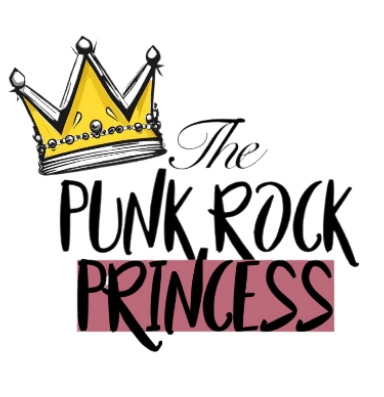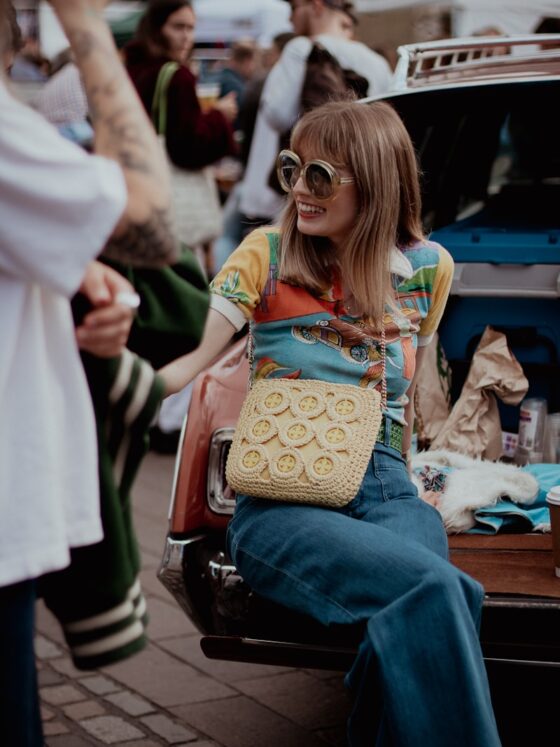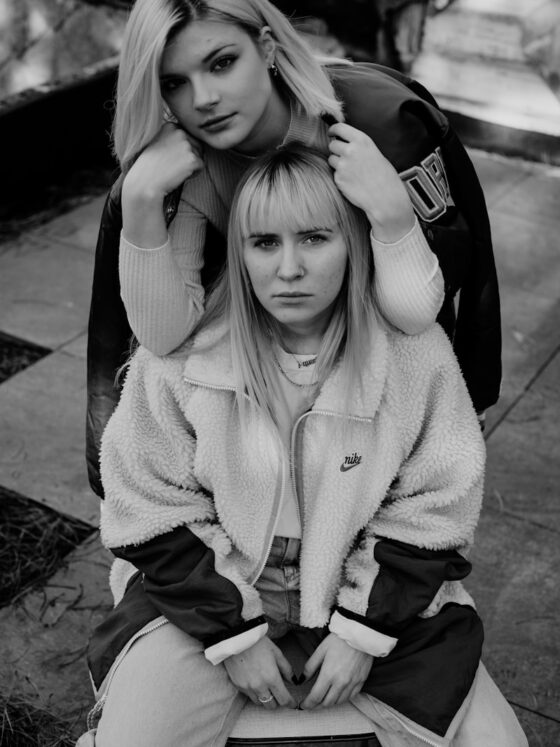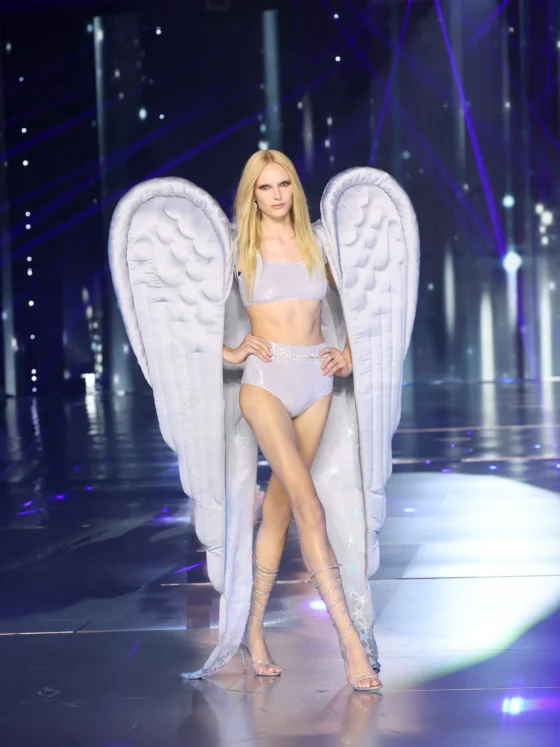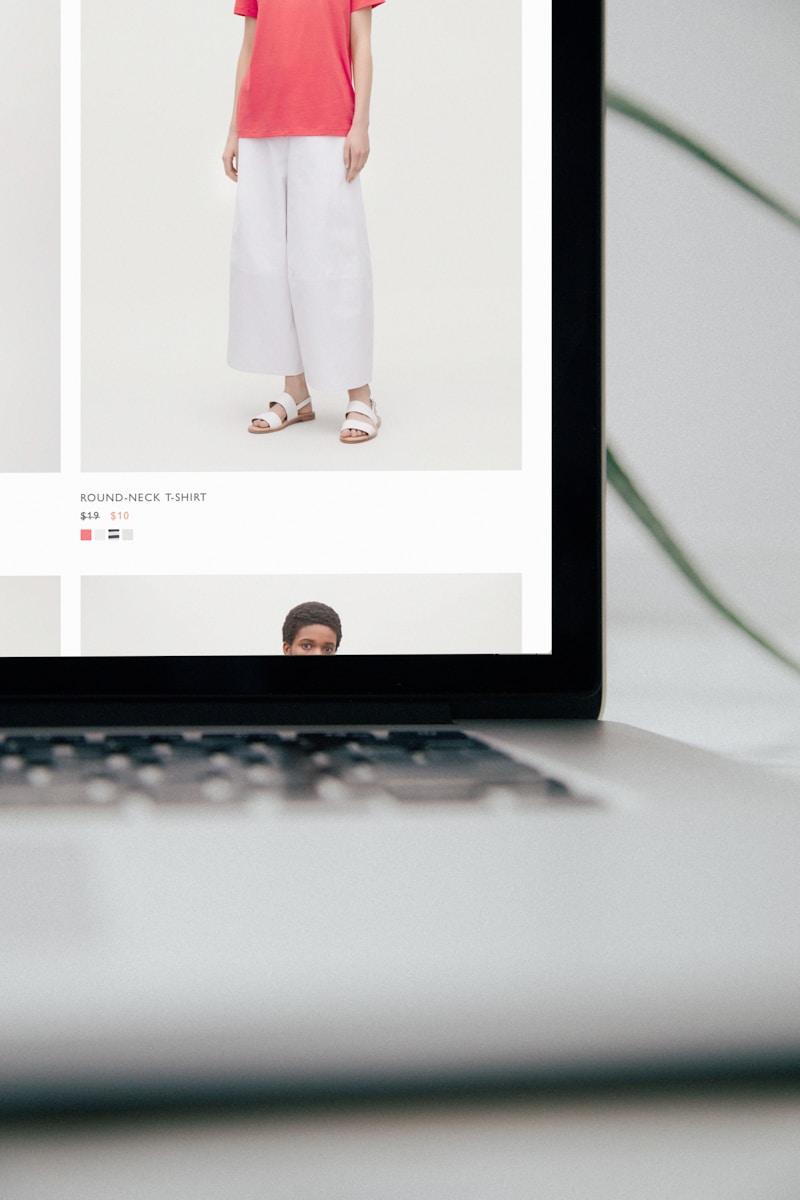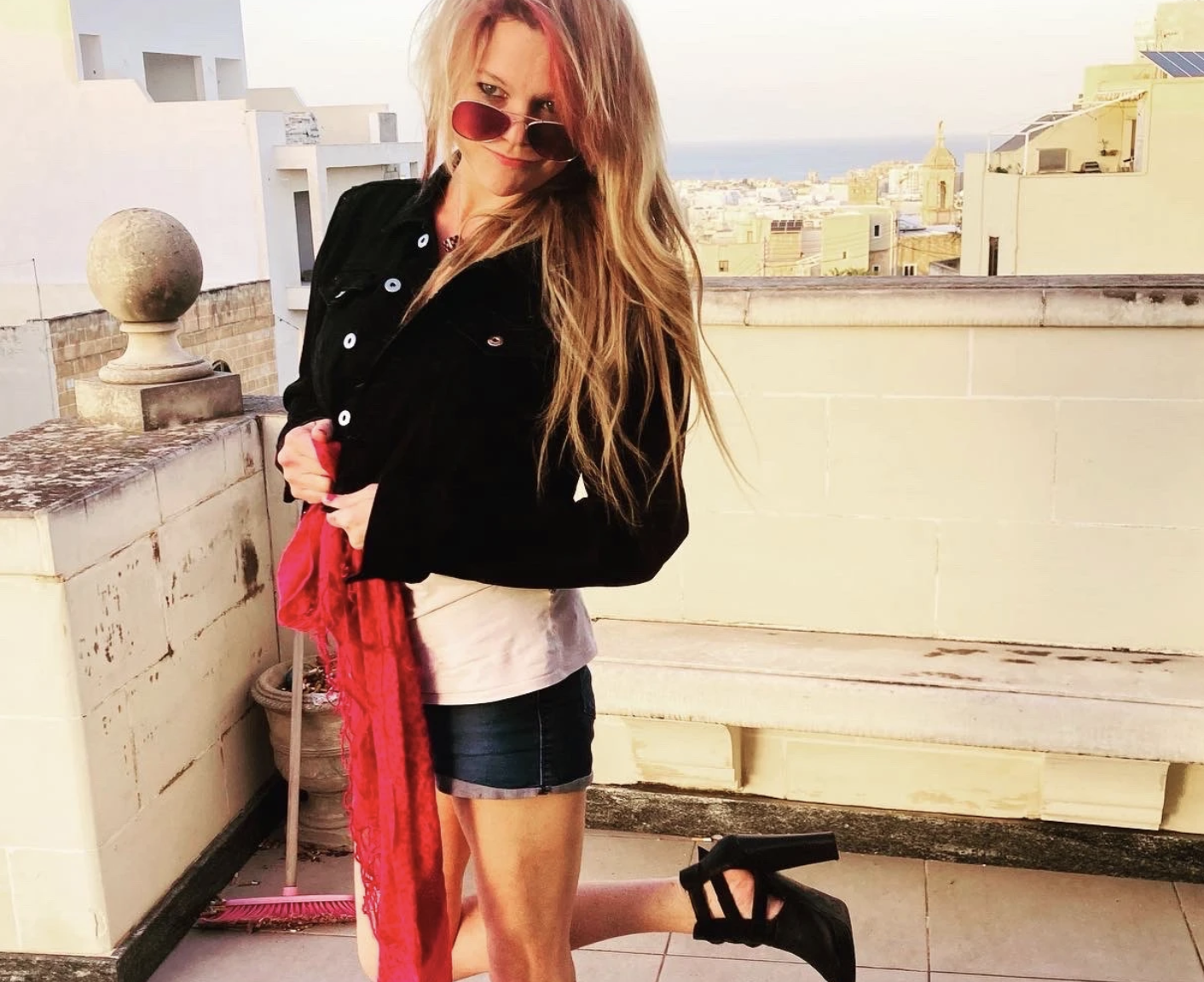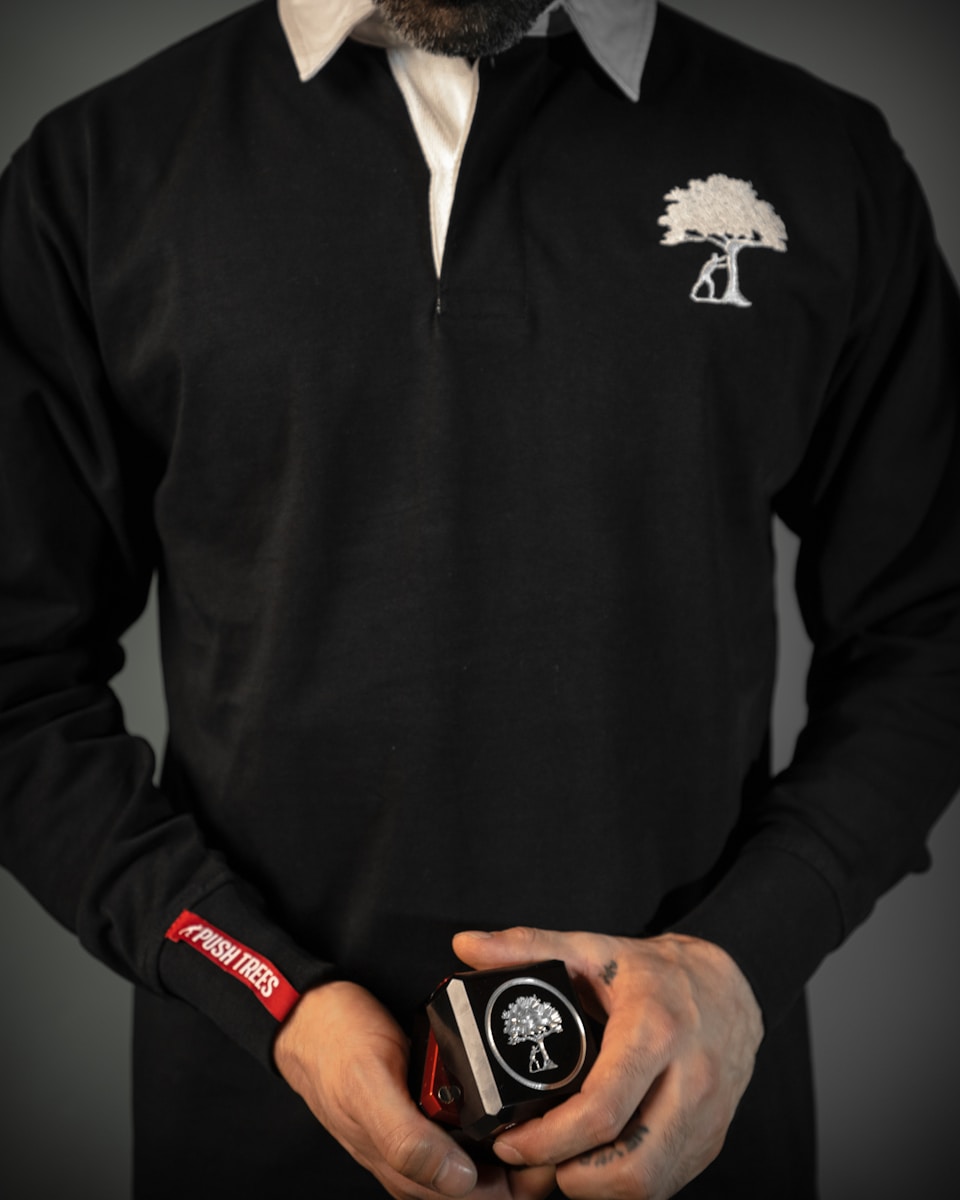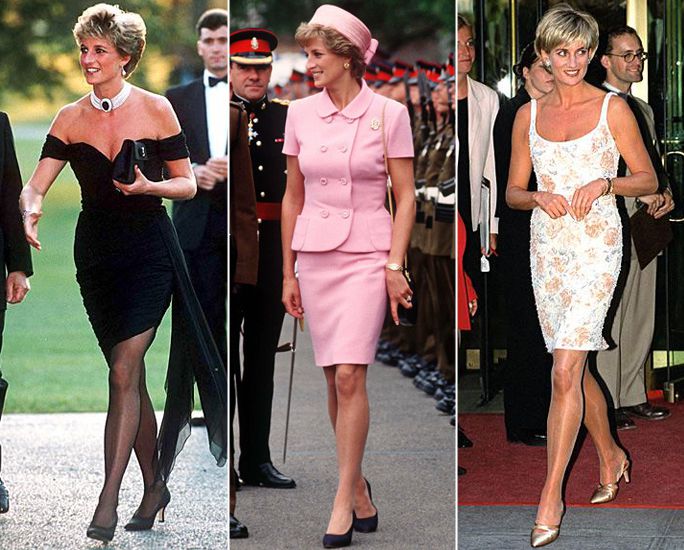“This could be a game-changer in preventing abuse,” says Sara Ziff of the Model Alliance to Teen Vogue.

Lights, camera, action! It’s not just the fashion runways that are buzzing with excitement; the world of modelling is experiencing a major shift. On Friday, June 7, the New York State Fashion Workers Act made headlines as it passed the state assembly, following its approval in the senate the day before.
This game-changing piece of legislation, led by State Senator Brad Hoylman-Sigal, is finally going to change how models are treated in the fashion industry. The Model Alliance has campaigned relentlessly for three years against powerful industry resistance, and now the bill is likely to be signed by New York Governor Kathy Hochul.
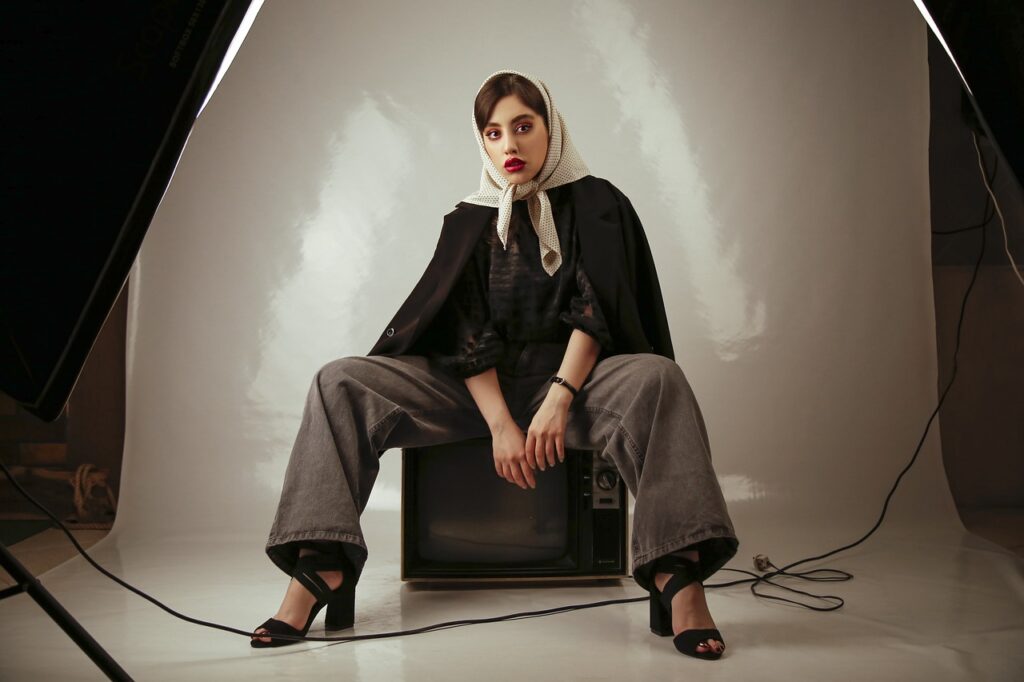
Historically, models have faced a slew of issues, including harassment, financial exploitation, and wage theft. The industry’s culture has often encouraged silence, leaving many models in the dark about their rights and financial dealings. Over the past decade, numerous models have bravely shared their stories of mistreatment and unfair practices from agencies.
Sara Ziff, the Founder & Executive Director of the Model Alliance, tells Teen Vogue, “For over a decade, our support line has been a lifeline for models dealing with various concerns. Models often find themselves in the dark about their own business dealings.”
Many contracts have historically given agencies overwhelming control, leaving models with little say in their own careers. “Agencies handle bookings, negotiate terms, and manage all the details, which can lead to a range of abuses,” Ziff explains.
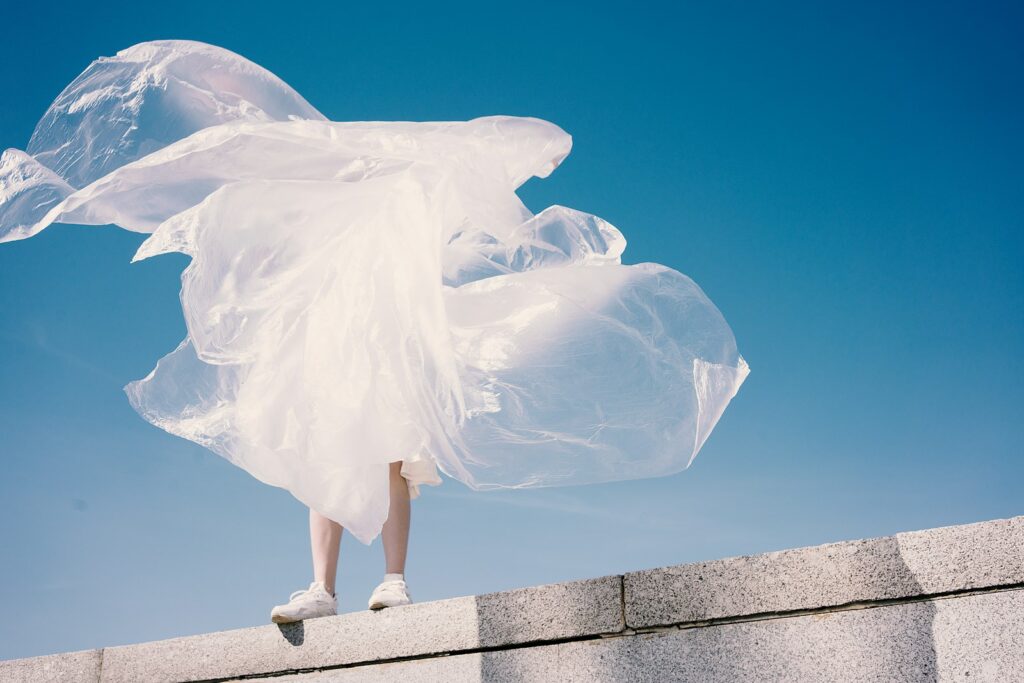
What the New Legislation Means for Models
Here’s where things get exciting. Under the new law, models will receive a deal memo 24 hours before a job, giving them the chance to review and decline the job if needed—without fear of retaliation. Agencies will be required to act in the models’ best interests and ensure that jobs and castings do not present unreasonable risks.
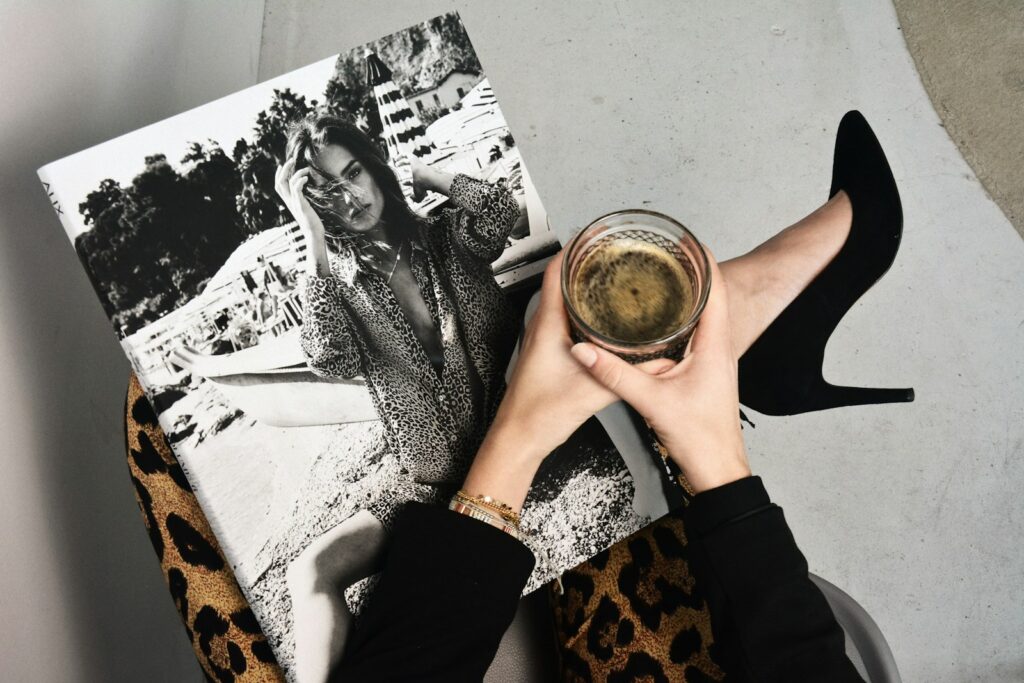
But it doesn’t stop there. The law also emphasises that the rule is not without enforcement. Failure of agencies to comply could mean civil liability. Models will be able to file complaints with the labour commissioner and be protected from retaliation if they turn down a casting for just cause. Models would be further allowed to pursue a private right of action.
Ziff is optimistic about the changes, saying, “We’re relieved that the law will be on our side. This is a huge step towards preventing abuse and empowering models.” While this legislation applies only to New York State, the city’s prominence in the fashion industry means it could set a precedent for reform nationwide.
What’s Next?
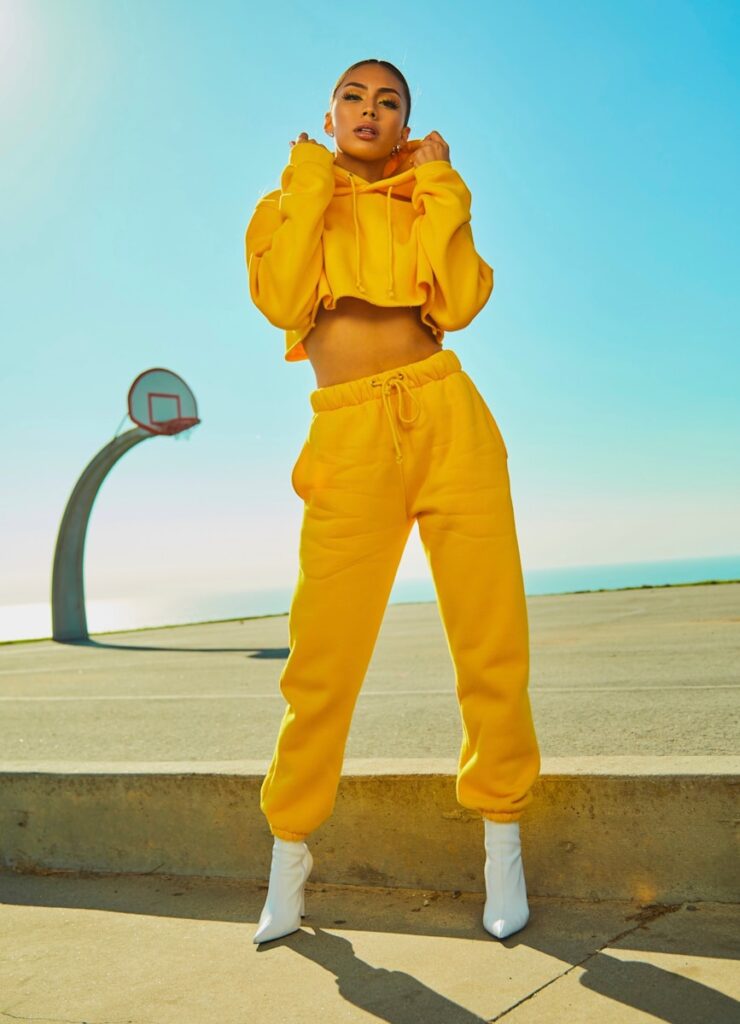
This new legislation isn’t just a win for New York; it’s a beacon of hope for the fashion industry as a whole. By shining a light on these issues, the Model Alliance and the passing of the Fashion Workers Act are paving the way for a more transparent and fair industry. As models gain more control over their careers and are protected from exploitation, the hope is that this will inspire similar reforms elsewhere, changing the industry for the better.
Thus, pay close attention and keep your eyes open—this could mark the start of a new chapter in fashion history where models not only grace the runway but also do so with grace and dignity.

